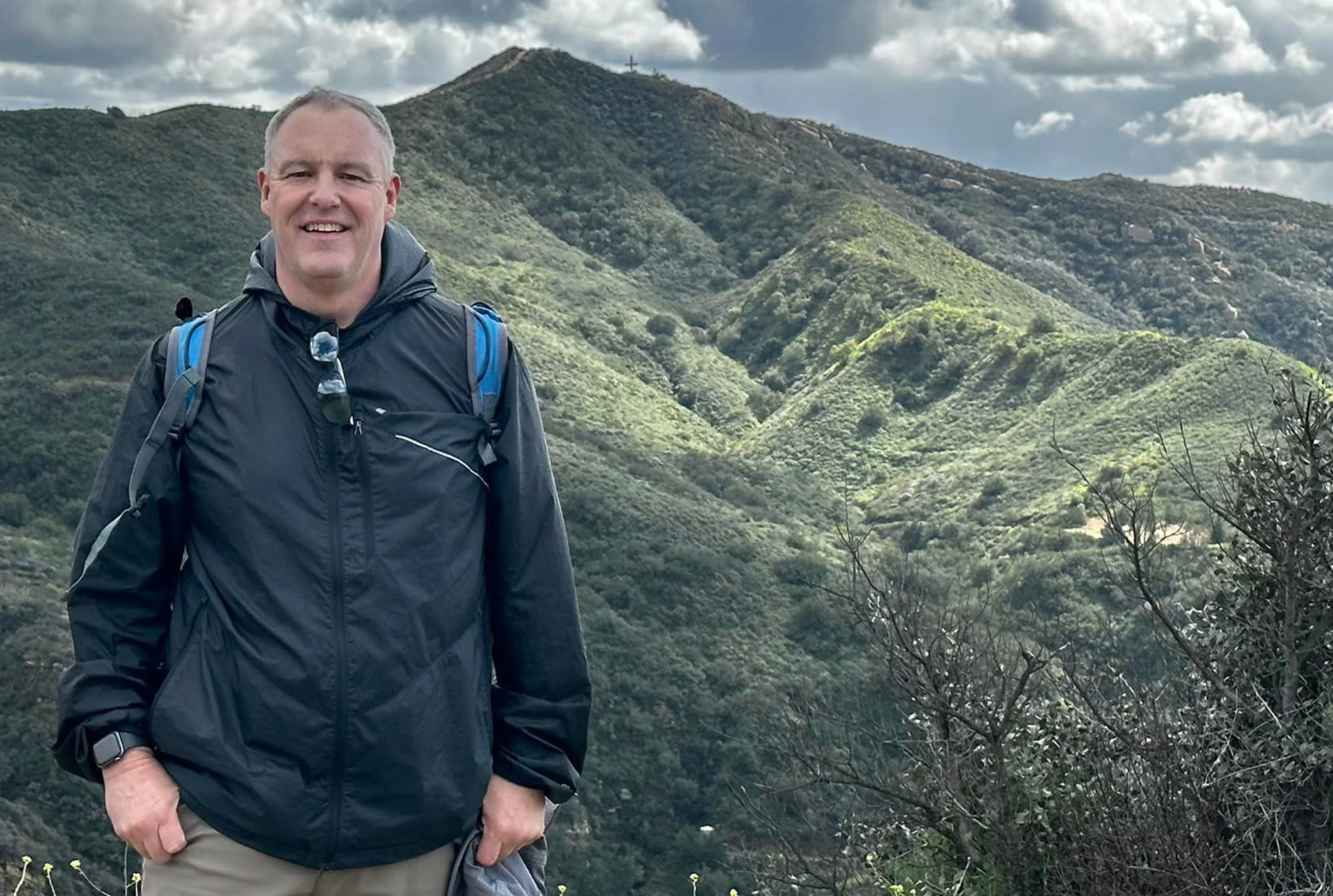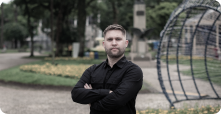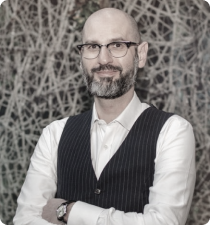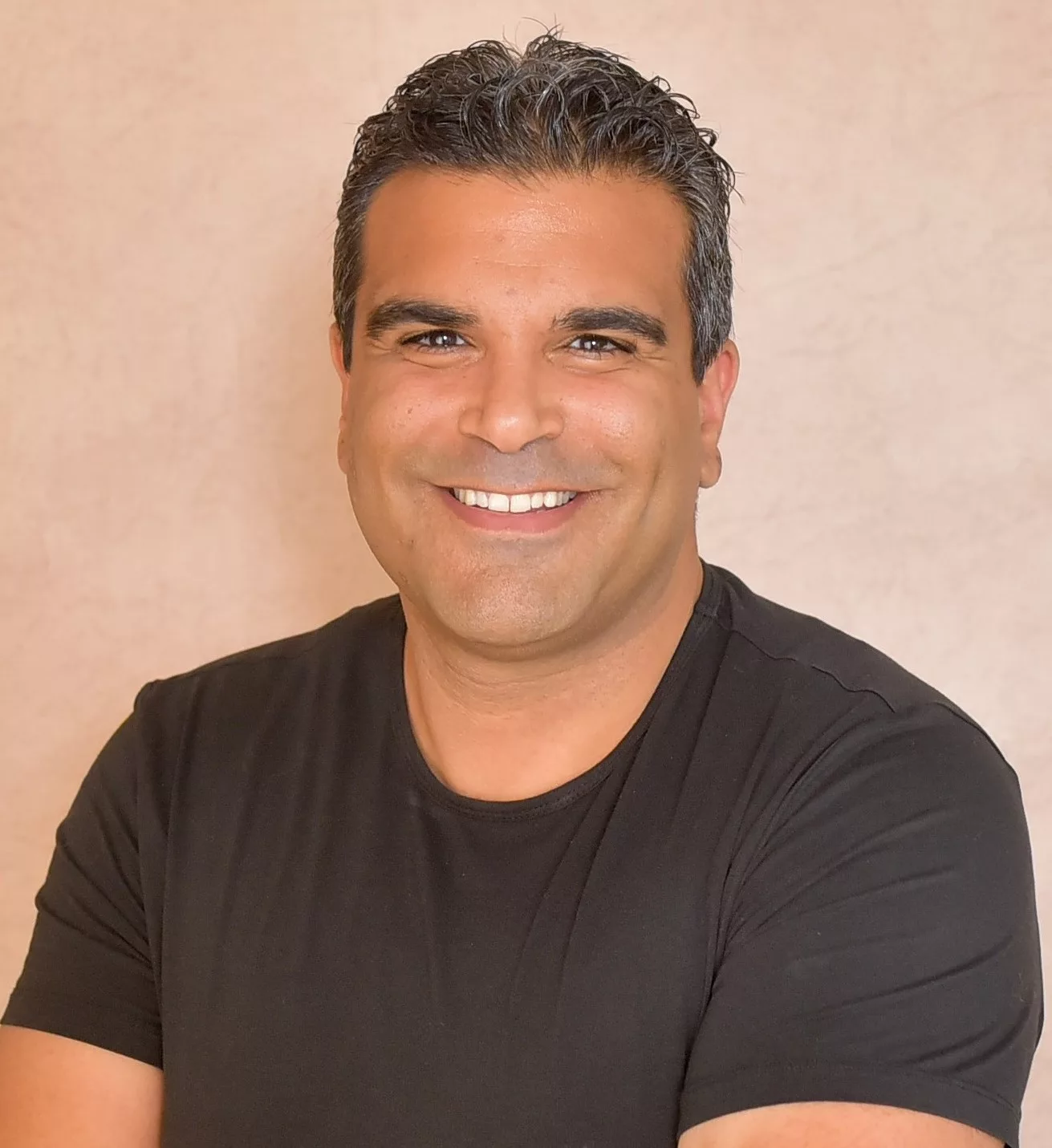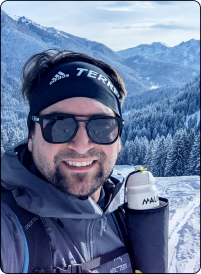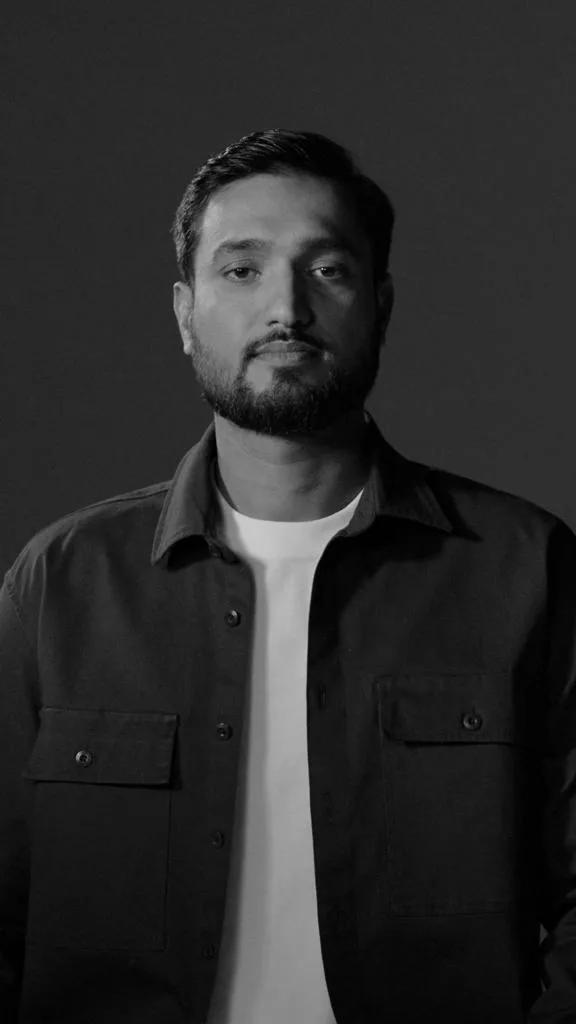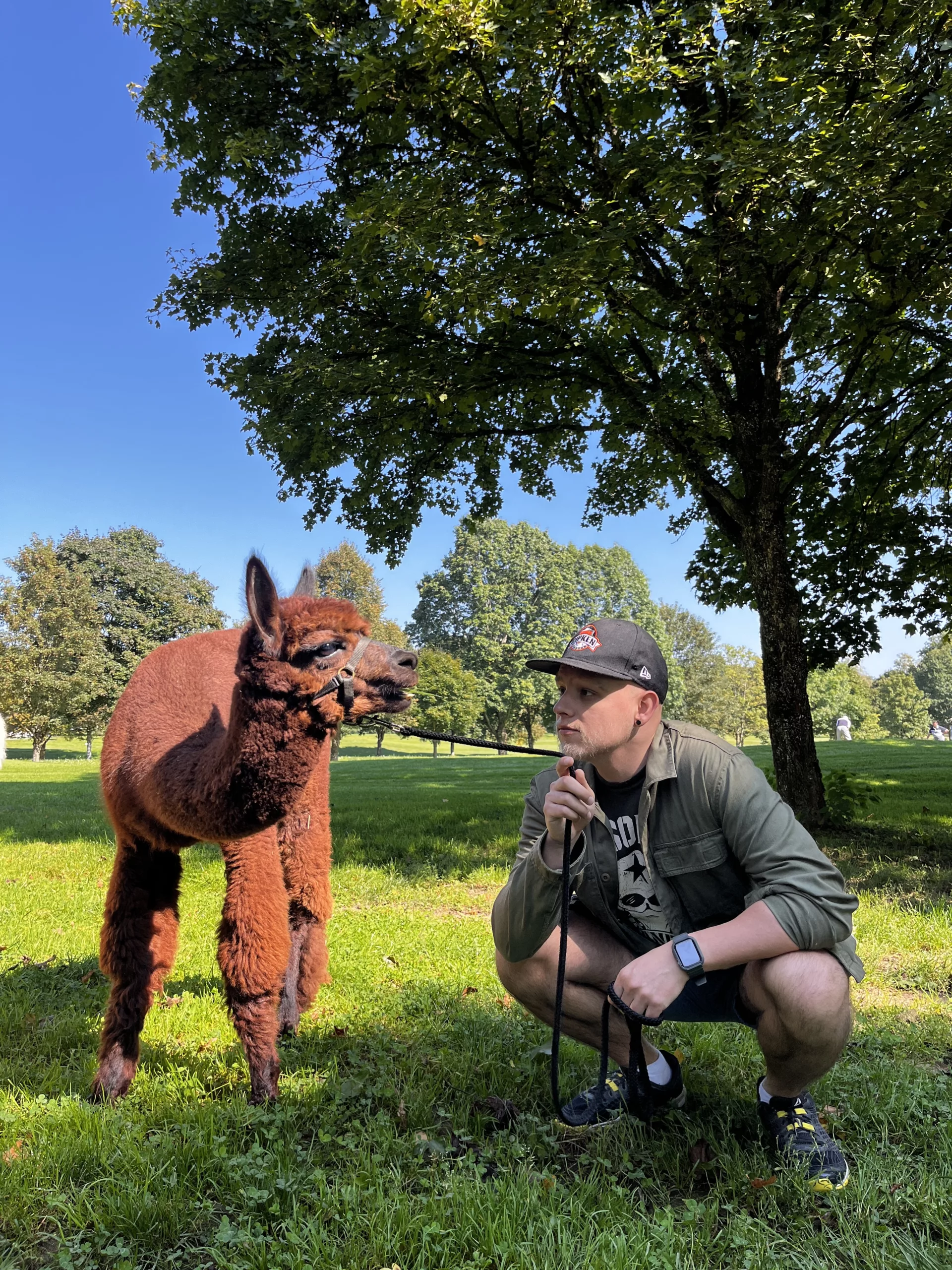Interview preparation
During the whole process, beyond the obvious technical fit questions, we will be assessing whether you’re a good fit for our leadership principles. These define our culture and guide us in the decision-making process.
To prepare for the interview, we recommend familiarising yourself with the leadership principles by reflecting on your own experience to date and thinking about how you would answer the questions below.
Below are examples of the interview questions we ask in alignment with our leadership principles.
/

Customer obsession principle
Leaders start with the customer and work backwards. They work vigorously to earn and keep customer trust. Although leaders pay attention to competitors, they obsess over true customer benefits and avoid wishful thinking about possible customer value.

Extreme ownership principle
Leaders are “extreme owners”. They think long-term and don’t sacrifice long-term value for short-term results. They act on behalf of the entire company, beyond just their own team. They never say “that’s not my job” and they are responsible for not just those tasks which they directly control, but for all those that affect whether or not their mission is successful.

Invent & simplify principle
Leaders expect and require innovation and invention from their teams and always find ways to simplify. They are externally aware, look for new ideas from everywhere and are not limited by “not invented here.“ They decompose complex problems based on “First Principle Thinking” to innovate. As we do new things, we accept that we may be misunderstood for long periods of time.

Accept failure as a path to mastery principle
Leaders have strong judgment and good instincts. They seek diverse perspectives and work to disconfirm their beliefs. They embrace experimentation and failure as a path to mastery and success.

Learn and be curious principle
Leaders are never done learning and always seek to improve themselves. They are curious about new possibilities and act to explore them. They first seek to understand, then to be understood.

Hire & develop the best
Leaders raise the performance bar with every hire and promotion. They recognize exceptional talent, and willingly move them throughout the organization. Leaders develop leaders and take their role in coaching others seriously. We work on behalf of our people to invent mechanisms for development like Career Choice.

Insist on the highest standards principle
Leaders lead by example by having relentlessly high standards — many people may think these standards are unreasonably high. High ethical standards are the foundation of trust. Leaders continually raise the bar and drive their teams to deliver high-quality products, services, and processes. Leaders ensure that defects do not get sent down the line and that problems are fixed so they stay fixed. Leaders listen attentively, speak candidly, and treat others respectfully. They are vocally self-critical, even when doing so is awkward or embarrassing.

Think big principle
Thinking small is a self-fulfilling prophecy. Leaders create and communicate a bold direction that inspires results. They think differently and look around corners for ways to serve customers.

Bias for action principle
Speed matters in business. Many decisions and actions are reversible and do not need extensive study. We value calculated risk-taking.

Down-to-earth attitude principle
Leaders are humble and focus on the impact we can bring to the world rather than status amongst others.

Frugality principle
Accomplish more with less. Constraints breed resourcefulness, self-sufficiency, and invention. There are no extra points for growing headcount, budget size, or fixed expense.

Dive deep principle
Leaders operate at all levels, stay connected to the details, audit frequently, and are skeptical when metrics and anecdotes differ. No task is beneath them.

Have a backbone, disagree and commit principle
Leaders are obligated to respectfully challenge decisions when they disagree, even when doing so is uncomfortable or exhausting. Leaders have conviction and are tenacious. They do not compromise for the sake of social cohesion but motivate teams to seek truth. Once a decision is determined, they commit wholly.

Deliver results principle
Leaders are intrinsically motivated and focus on the key inputs for their business to deliver them with the right quality and in a timely fashion. Despite setbacks, they rise to the occasion and never settle.


